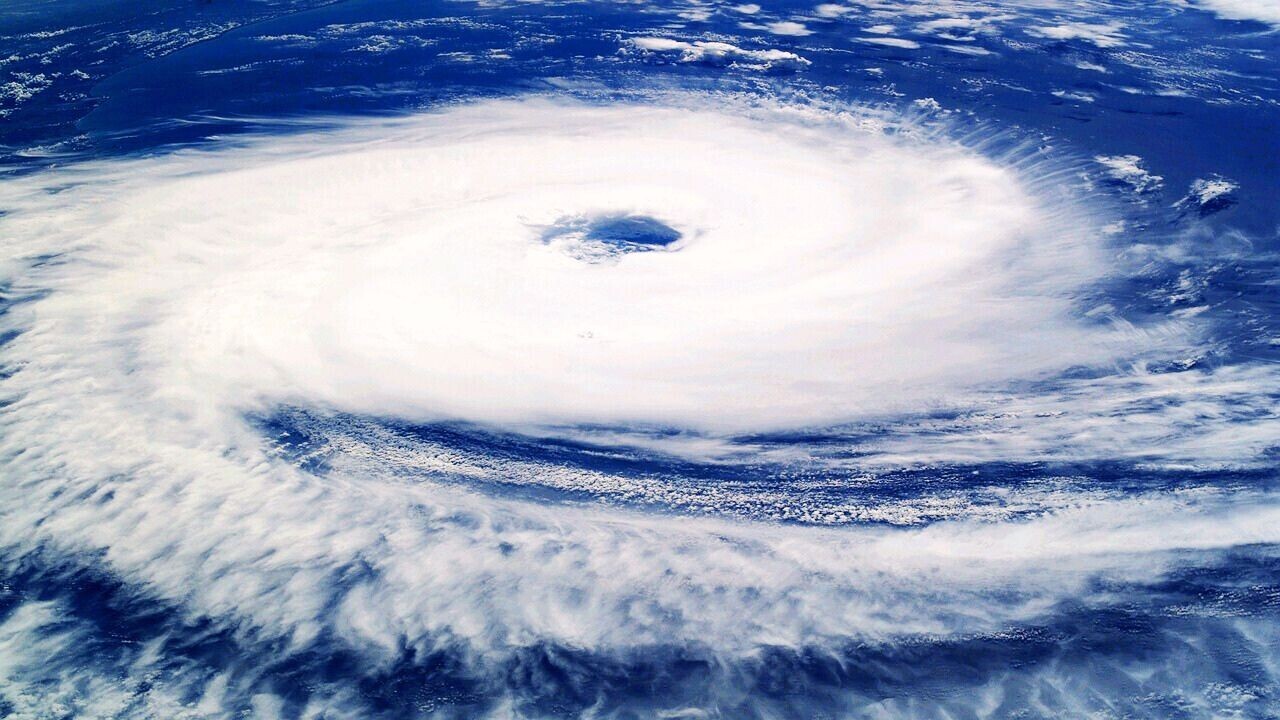
Climate change not only comes with a high cost for our planet, but for the economy as well. For context, between 1980 and 2022, EU member states have suffered losses of assets worth €650bn.
Among the sectors impacted is the insurance industry, which is grappling to adapt to the new normal of frequent natural disasters, while seeing climate-related losses exceeding $100bn (€92.7) a year.
London-based BirdsEyeView offers a solution. The insurtech space startup uses satellite data to develop insurance solutions for severe weather and provide SMEs with access to weather-based parametric products.
Specifically, the company’s RAPTOR technology uses AI and petabytes of climate data to automate manual underwriting processes and offers access to Nat Cat (Natural Catastrophes) analytics and models at the quotation stage. This way it enables a more efficient and precise risk selection and management process.
According to Dr. Albert Dow, the startup’s CTO, Raptor was born by “reimagining an underwriter’s workflow” and focusing on how tech and data could improve the process. “By integrating these tools into an end-to-end software solution, we empower underwriters to focus on applying their expertise in risk assessment,” Dr Dow added.
Now, BirdsEyeView has raised an undisclosed seven-figure sum in a new investment round led by the European Space Agency (ESA) and further backed by Big 5 Investors, InsurTech NY, and ACF Investors.
The investment follows what the company calls a period of “unprecedented growth” since launching the product in 2022 — marked by partnerships with global insurers and brokers, including Arch, Ark, Everest Re, Fidelis, Convex, and Liberty Specialty.
“This capital injection will be used to fuel growth in the London and US Property and Casualty markets, and to accelerate the development of our Exposure Management and natural catastrophe modelling capabilities,” said James Rendell, founder and CEO of the startup.
“This progress will be critical for improving the speed and quality of underwriters risk selection and exposure management — critical considering the increasing frequency and severity of global climate change-induced natural disasters.”
Get the TNW newsletter
Get the most important tech news in your inbox each week.




